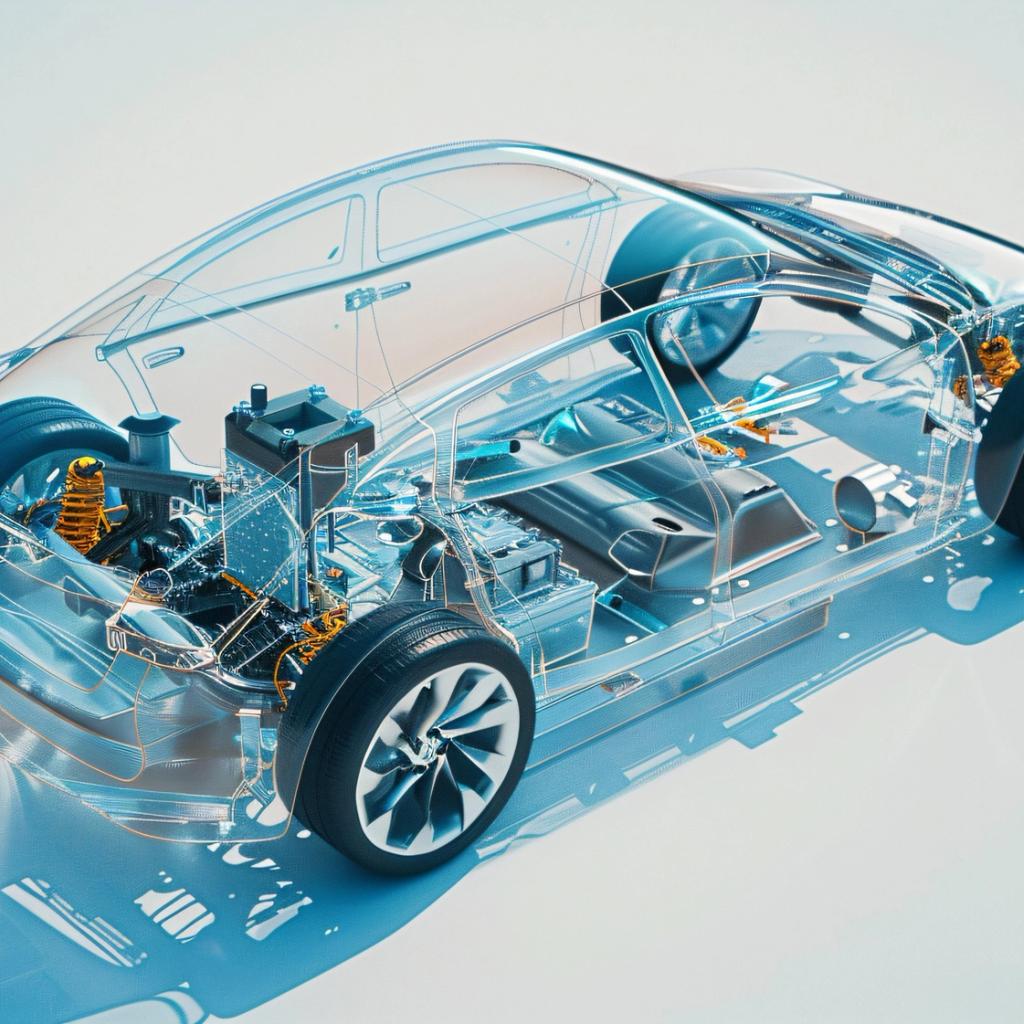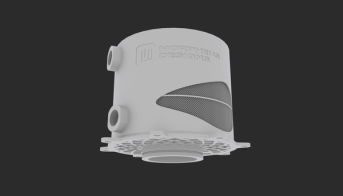
Electric vehicles
Revolutionising electric vehicle thermal management
The electric vehicle (EV) industry demands innovative thermal management solutions to ensure the efficiency and reliability of key systems, including batteries, power electronics, and electric motors. Thermal management systems for electric vehicles must be lightweight and compact, providing efficient cooling without adding unnecessary weight. Managing the thermal loads of high-power components is critical to ensure optimal performance and longevity. Key considerations include thermal performance, vibration resistance, pressure drop, and seamless integration into EV systems, which are essential for enhancing vehicle efficiency, extending battery life, and supporting the overall advancement of electric mobility.
Morpheus Designs is working actively in developing more compact cooling solutions for the growing EV market. Our approach involves employing an integrated cooling solution that maintains a balanced heat transfer and pressure drop for the motor's active components. By cooling key points such as power electronics, stator core, and transmission oil in a serial or parallel coolant loop, we offer a more compact thermal management solution that reduces the design envelope for the EV market.

Challenges in Battery Cooling
Managing battery cooling poses challenges such as heat generation, uniform temperature distribution, thermal runaway risk, fast charging difficulties, and cost considerations. Addressing these challenges is essential for safe and efficient electric vehicle operation and widespread adoption of electric motor technologies. We are working with our industry partners in developing novel thermal and structural approaches using additive manufacturing to tackle these problems facing the EV market.
